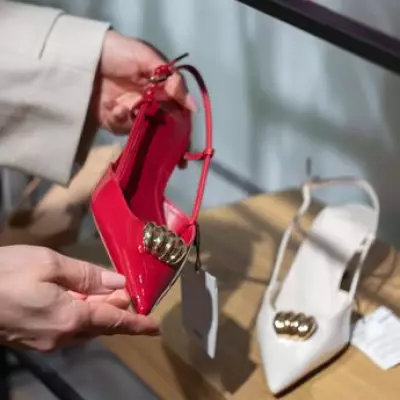
The heart of Birmingham's shopping district is beating with anxiety as the city's beloved Indoor Market faces an uncertain future. Traders and loyal customers alike are raising the alarm over potential closure plans that could see this historic institution disappear forever.
A Community Fighting for Survival
Walking through the vibrant aisles of the Indoor Market, the sense of community is palpable. For generations, this has been more than just a place to shop – it's been a social hub, a cultural touchstone, and the livelihood for dozens of independent traders. Now, that entire ecosystem hangs in the balance.
"This isn't just about losing a market – it's about losing part of Birmingham's soul," explains one long-standing trader, who has operated his family business here for over thirty years. "We've survived recessions and pandemics, but this redevelopment threat feels different."
The Redevelopment Cloud
While official plans remain somewhat vague, the market's location within the larger Bullring & Grand Central complex makes it prime real estate for redevelopment. Traders report receiving mixed messages about the market's long-term future, creating an atmosphere of uncertainty that's affecting both business confidence and customer numbers.
The potential loss extends beyond just retail. The market represents:
- Cultural heritage: A living connection to Birmingham's commercial past
- Economic diversity: Affordable retail space for independent businesses
- Social value: A meeting place that transcends mere shopping
- Tourist attraction: A unique destination unlike chain stores
Shoppers Rally to the Cause
Regular customers are mobilising to save their beloved market. Many express frustration that another piece of authentic Birmingham could be lost to homogenised retail development.
"Where else can you find this variety, these personal relationships with traders, and these unique products?" asks one shopper who has visited weekly for fifteen years. "The big shopping centres all look the same – this place has character you can't replicate."
What Lies Ahead?
As Birmingham continues to evolve and develop, the question remains: is there room for traditional markets in the modern retail landscape? Traders argue that these institutions provide something online shopping and chain stores cannot – human connection, specialist knowledge, and a sense of place.
The coming months will be crucial for determining whether Birmingham preserves this important piece of its retail heritage or whether another traditional market becomes a casualty of urban redevelopment.





